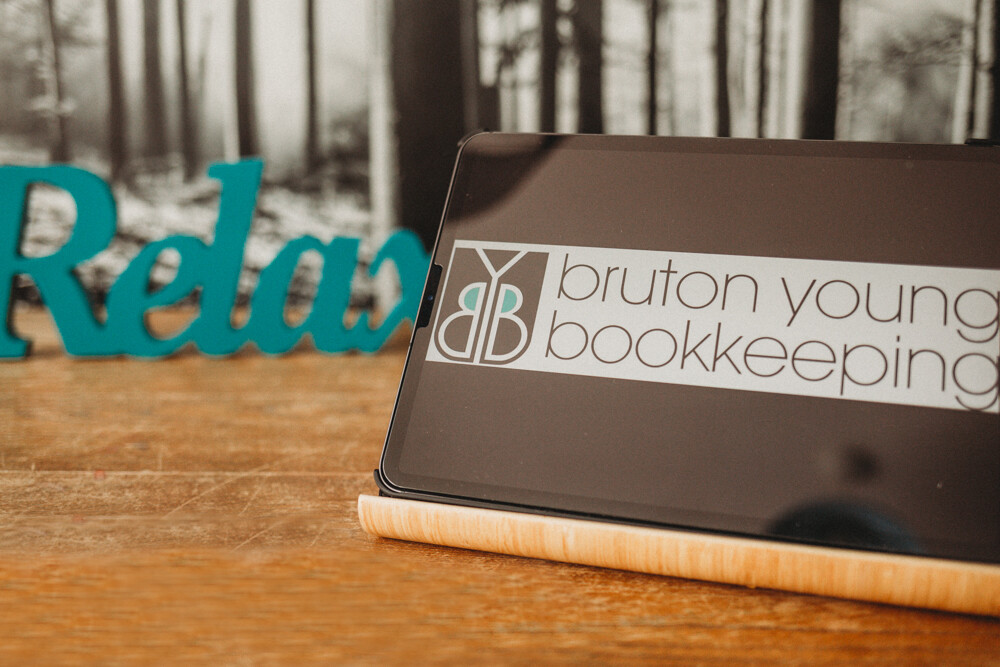Getting your financial records up to date and in order isn’t the most glamorous part of running your own business. With that said, it’s so easy to push your bookkeeping down to the bottom of the pile and concentrate on the exciting parts of your company, like new products, marketing and interacting with customers.
Without keeping correct records, you’ll face issues further down the line and add extra stress to your workload which will likely effect your mindset and perhaps that creative workflow. Letting that paperwork pile up is not a good idea if you consider the health of your business. In this post we’re going to look at five bookkeeping mistakes you could be making and should really avoid.
Firstly, do not avoid it. If you leave it all to the last minute, it will become a nightmare. The longer you delay it by saying that you’ll “do it tomorrow”, tomorrow never comes and when it finally does, when you’re forced to do it or you’ll face fines, you’ll find yourself in a situation where you feel like you’re drowning. If you spend a little time on your accounts, more often, you’ll not only keep on top of them but gain a better understanding of them. You’ll be able to pick out clients who perhaps regularly make payments late and gain knowledge of day to day spending. Even if you have someone else look after your books for you, keeping records organised will make it easier for them and cost you less for them to do so.
If you use a bookkeeper you don’t want to pay for their time to do things you could easily keep on top of yourself, such as organising receipts. Paying for someone else to help with your accounts and returns could seem like an unnecessary expense but any good bookkeeper will be able to use their expertise to help reduce your overall tax liability. They have knowledge about what you can and can’t claim for. They can offer a helping hand to keep your business in good shape and if they have good experience and a positive reputation, the savings they find for you can easily outweigh the expense.
Another error is to mix personal and business spending. We’ve written about this before on a previous blog post, but to summarise, mixing these two things means extra time and money in the long run trying to figure out what is what. If you have one bank account which you use for all your spending, at some point, you’re going to have to go through it and figure out what transactions are business and which are personal. If you have separate accounts, you can just print out the statements for the year and that is your business spending and earnings. It helps to keep errors to a minimum and means the data is all there for your accountant to work with, so you don’t have to pay them by the hour to figure it out for you. Keeping things separate means your accounts and the tax you pay will likely be correct.
Off the back of the point above, do not pay in cash. Many people believe we’re entering a cashless society with some shops on the high street no longer accepting coins and paper money. In terms of business, paying in cash makes things harder to keep track of. Having a digital footprint by using a credit or debit card, helps you keep track of your spending and also revisit those stats at a later date. This also works if you use money transfer services such as PayPal, for both spending and earning.
The final mistake you want to avoid is failing to keep good records. This may cite previously mentioned points but it is paramount for the survival of your business. If you can’t see how your business is doing, you don’t know if it’s a success or not. If you need a loan but can’t show evidence of the state of the company, you won’t get a loan, simple. If you don’t submit correct details to HMRC, they might look into your accounts and investigate, meaning you might end up having to pay more tax or fines. It is so easy to be distracted as other things seem more interesting, the TV, speaking to friends, even going out for a few pints. If you set aside time to keep your books in order, you’ll avoid distraction and hence avoid mistakes whilst also avoiding any future stress about your records being wrong. If you can see, on paper, how your business is doing, you can improve, adapt and survive.


